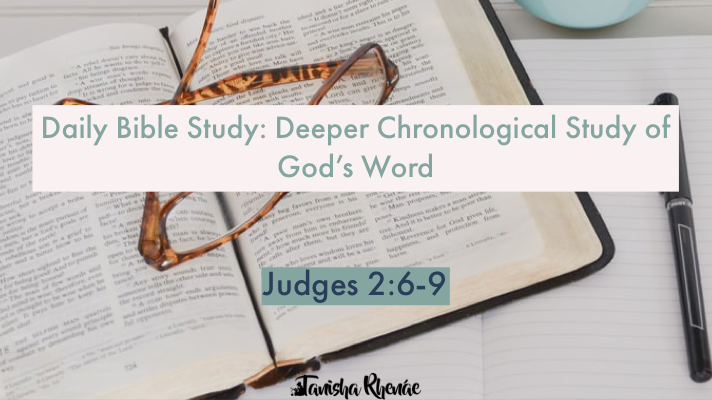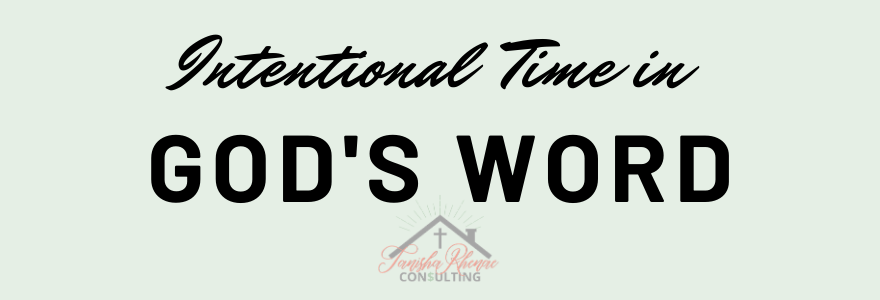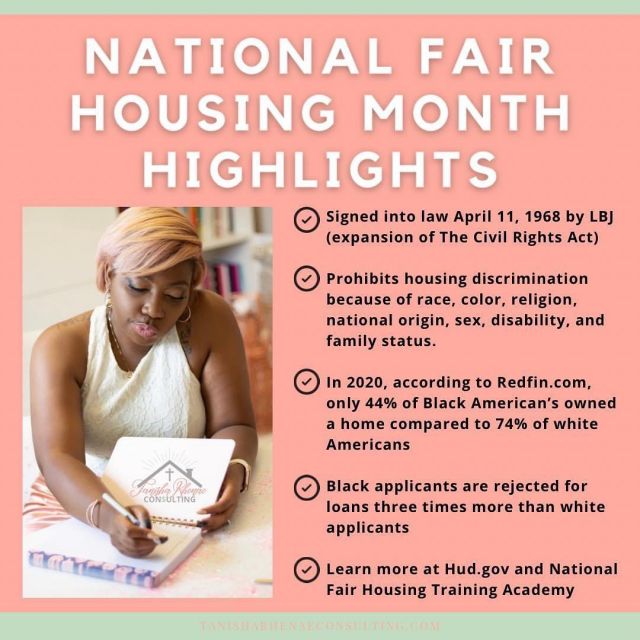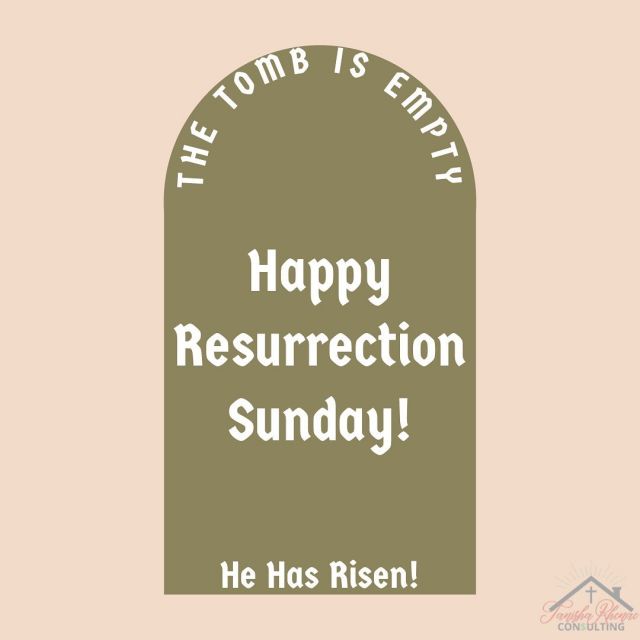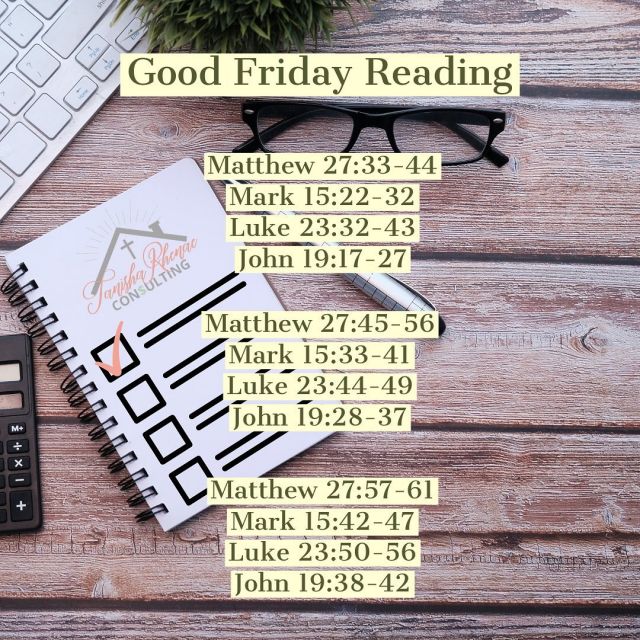
I talked about starting to share on the blog my Bible study time, so I can expand more on what I am reading, researching, and learning. This post is the first of what I just decided is going to be a series called Daily Bible Study: Deeper Chronological Study of God’s Word. That may change, but for now, it works.
For this more in-depth study, I started with six different Bibles and a commentary.
- Chronological Life Application Study Bible NLT
- Tony Evan’s Study Bible CSB
- Tony Evan’s Bible Commentary CSB
- NIV Cultural Backgrounds Study Bible
- The Message Devotional Bible
- ESV Student Study Bible
- Hebrew – Greek Key Word Study Bible NASB
No, I am not crazy. I just know that God has been calling me to study His Word deeper for about three years now, and I have been a bit disobedient. I also prefer a paper Bible instead of using the app on my phone to prevent distractions. My initial reading and studying are done in those Bibles and commentary, and then I move to my computer to type up my notes, look up answers to questions I have, and give me somewhere to have all my notes in one place.
I’m going to use this first passage to walk through my process. I told you in this post that I was starting in Judges and why. I also said I was starting in my Chronological Bible, so that is how this study will flow. While the first chapter of Judges talks about the Israelites and the Promised Land, the story of Judges really starts with the death of Joshua, which is told in Chapter 2 verses 6-9. So that is where we begin.
Reading

The first thing I do is read the passage and use my reading highlight method in the Chronological Life Application Study Bible NLT. What sticks out for me is the Israelites serving the Lord through their leader’s lifetime. Those leaders actually saw “the great things” the Lord had done for Israel. Joshua had the honor of being called the servant of the Lord.

Here is a reminder of my reading highlight method.
Studying

Here is where I created a new process. I used the same methodology as I did for creating my reading highlight method. What did I want to get from this passage? What is important? What will help me dive deeper? There is some overlap with what I highlighted above, but that just shows how important it is. I decided on Application, People, Places, Time, Prayers, God/Jesus/Holy Spirit. I assigned these colors that I can use to underline in my Bible, but most importantly are how I will be color-coding my notes.

My studying highlight method.
For me, seeing the people and places are really important in the Old Testament because I learned that the names have particular meanings. Those meanings often help you dive deeper into the understanding of why and how certain things happened and take place. So in this section, it helps to change the color of the people, places, and even the name of God used. Then in the next two parts, is where I dive deeper.
Thoughts and Questions
![]() I also wanted my thoughts and questions to standout. So I assigned them colors as well.
I also wanted my thoughts and questions to standout. So I assigned them colors as well.

As mentioned above, the questions that I had here were mostly related to the meanings of names and places.
Most commonly, my question was, “What Does LORD Mean?” and this is because there are so many different ways to say God/Lord depending on what you are trying to say. So far as a Christian, I’ve really only heard or say God, Lord, and recently added Abba. But I’ve learned that there are so many more names for God that are typically phrases. LORD in all caps here, reflects Yehovah/Jehovah or the proper name of God. Self-Existent or Eternal. YHWH. I eventually want to do a study of the different names of God, but for now, I just want to know the meaning of each one.
Meanings
I used a combination of my Hebrew – Greek Key Word Study Bible NASB and the Blue Letter Bible app to determine the meanings. I started with trying to find the meaning of Joshua in the Bible, but the order of the Old Testament dictionary is based on the transliteration of the Hebrew spelling. So because I do not know Hebrew, I needed help. I pulled up the Blue Letter Bible app and used the Interlinear/Concordance Study, which I learned from Katie Orr. This allowed me to pull up the verse, select the word in the verse, and then find the Strong’s number. I then went back to my Bible to look up the Strong’s number.
This was also when I decided that I will probably only use the dictionaries in this Bible instead of the Bible itself. When I try and use the Bible, because I am starting in Judges, the Strong’s number isn’t always next to the word that I need, if it has been used previously in the first six books of the Bible. So I am now down to five Bibles, one commentary and technically, a dictionary.
Extra Resources
Finally, in the study portion, I read all footnotes, study notes, and any extra resources that any of the Bibles I am using provides. I usually note alternate spellings, meanings, or words.
*The bolded purple doesn’t have a meaning. I just picked a random color for my text. And I underline what I feel is important in the passage or sometimes what repeats.*
Cross-References
Next, I look at the Bibles that have cross-references, and I document them. At this time, I was questioning what a cross-reference was. The passages seem to be similar in topic or theme with the verse that I am studying. So I grab the full verse of the cross-reference from YouVersion Bible and underline the part that speaks to the verse I am studying. I honestly wish that I could use one Bible for this, but I realized that out of the four Bibles I am using that have cross-references, each one uses different ones. But I don’t mind looking at all four because it is fascinating to see how the Bible connects to itself.


![]()

Summary
In my Bible, there is a piece of the book of Judges (2:6-9) that parallels and follows the end of the book of Joshua that outlines his death. It also shows how the Israelites followed the Lord throughout his life and that of the leaders who outlived him. If you know anything about Judges, you know it’s a book of cycles where Israel failed to obey the Lord and continuously needed to be delivered. What was it about Joshua and these leaders that made it easy for Israel to follow their lead in following the Lord? Why weren’t they able to do the same when that generation passed away?
Do you identify with the Israelites? Especially now in quarantine, do you find yourself not following the Lord in the same way you did before when you were going into the church building every Sunday or meeting up for small groups? Do you have a relationship with God, or do you just follow others that have a relationship with God?
Prayer
YHWH, help my faith depend on You instead of the leaders and those in my community. Help me to let them guide me but to know that ultimately You are the one I should rely on; that way when they are no longer there, I can still follow You. In Jesus Name, I Pray, Amen.

*As an Amazon Associate, I earn from qualifying purchases using the links included in this post.

